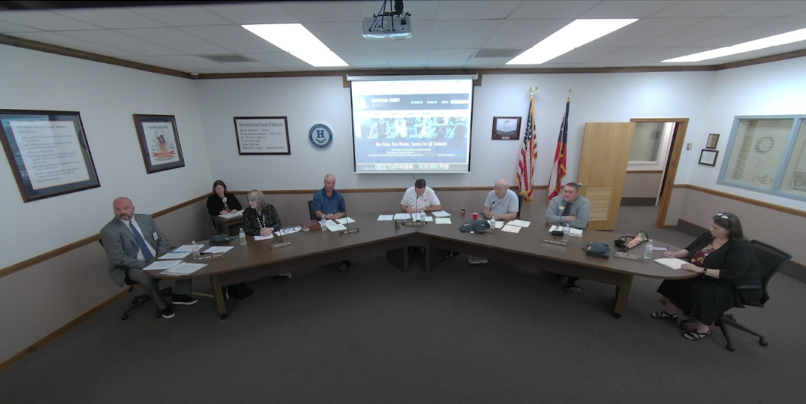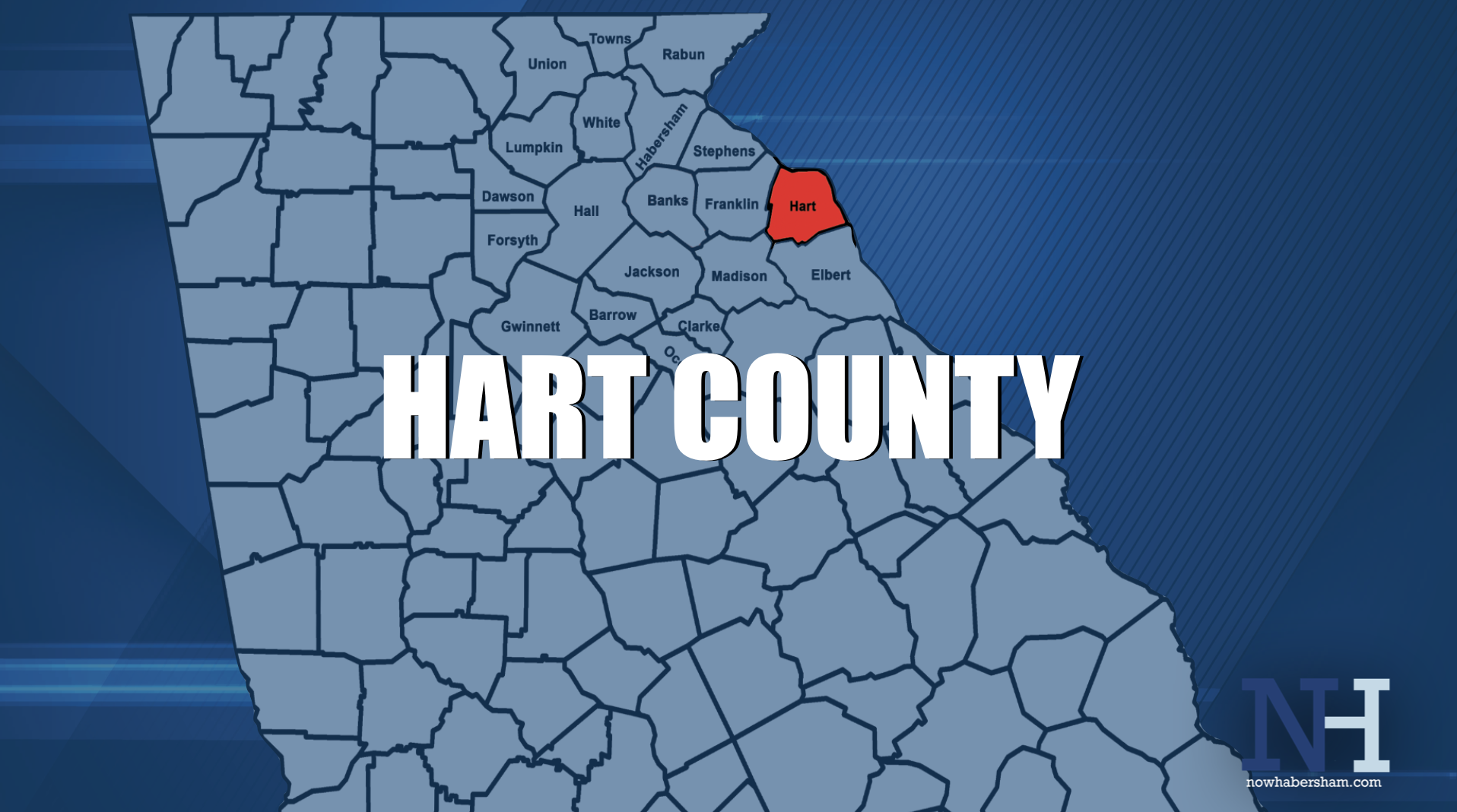
The Local Option Sales Tax (LOST) for education continues to be a hot topic in Habersham County, first gaining attention when Clarkesville City Manager Keith Dickerson shared his opinions on the disproportionate taxes the school board receives in September, and then becoming a topic of discussion at County Commissioner Bruce Palmer’s town hall meeting.
At the Monday night Board of Education monthly meeting, Superintendent Matthew Cooper, Chief Financial Officer Staci Newsome and board members shared their thoughts on the ongoing discussion.
“I want to say that for the record, we are aware that only a handful of people have really made this an issue, a handful of people have been critical of the school system receiving LOST,” Cooper told the board. “I’m also aware that there’s a silent majority out there, here in Habersham county that understands the value of the LOST for students, schools and property owners. I believe the majority of the people here in Habersham county, they get it.”
Cooper discussed his thoughts in-depth during the meeting, citing an opinion piece in the local newspaper, student morale, taxpayer savings and more. But his point was simple: leave LOST alone.
When Dickerson first spoke about the tax revenue the education system gets, he said that the school system’s budget, versus cities “struggling to make budget,” was “the issue.” But Cooper says that city governments need to figure their financials out themselves.
“We do ask that those who lead our city government support our 7,000 plus students and their families and support keeping school taxes as low as possible for our county property owners,” Cooper said. “Leave LOST alone, and be willing to do the hard work figuring out your financial issues.”
A larger school system
Cooper’s comments followed Newsome’s financial report, and she took the podium again after him, saying that while she didn’t often make public comment, this was important to her.
Newsome reports that the system’s current monthly expenses are about $7.2 million. She says that when she graduated from Habersham’s schools in 1988, a few years after LOST initially passed, the school system wasn’t the size it is today.
“We would be a completely different looking school system had we not had these funds all these years,” Newsome said.
According to a presentation Newsome delivered, the school system currently supports 7,057 students and 1,223 employees. It also includes 14 schools, 30 other facilities, 140 school buses, 35 fleet vehicles and 9,200 computers. Newsome says that with their student and employee population and their resources, Habersham Schools are considered mid-to-large size at a state level.
The Board of Education backed Cooper and Newsome up, sharing their thoughts on the importance of LOST.
“It’s [LOST] not a new source of money. It’s basically a replacement for— what […] Mr. Cooper alluded to— we’re taking the burden off the property tax owners and putting it on the public at large,” said Board Member Joey Duncan. Duncan also says ending LOST would require a statewide referendum, and that there would be no promise that LOST funds would even make it to the cities.
Commissioner Bruce Palmer shared similar sentiments with the public at the town hall meeting late last month. However, Palmer did insinuate at the town hall that the school’s public copy of their budget wasn’t in-depth enough for him to break down their spending.
WATCH: Commissioner Bruce Palmer’s town hall
Board of Education Vice-Chairman Doug Westmoreland responded to comments like his and others, saying the BOE has been transparent with its finances.
“We’ve been most transparent with everything we’ve done,” Westmoreland said. “It’s been in the paper. We’ve had meetings after meetings on budget and nobody from the communities has come to our budget meetings, and it’s an open meeting. I’m tired of hearing it, I’m tired of hearing the criticism about the transparency in how we spend our money.”
While it doesn’t seem likely at the moment that Habersham voters will work to repeal LOST, the school’s E-SPLOST is coming up on the ballot in May of 2022, and voters could choose to not reinstate the penny sales tax the school board receives.
A recording of the Monday night meeting is available on the school system’s website here.






